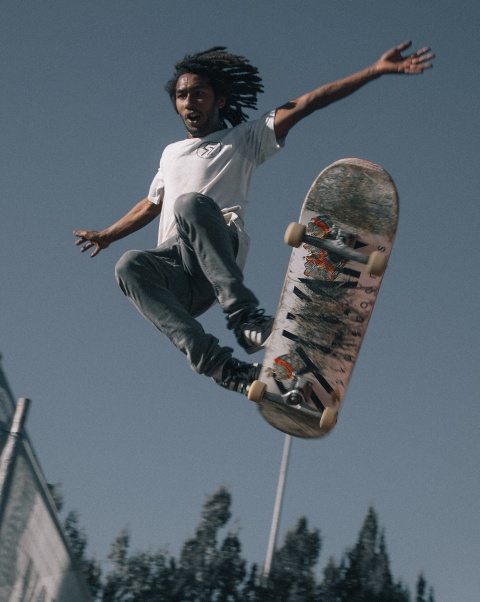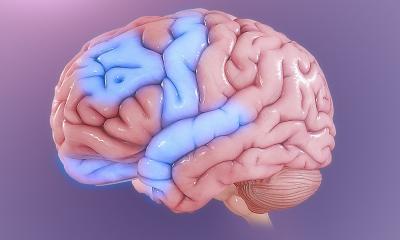News • Psychology
Stress makes it harder for us to sense new dangers
Being under stress diminishes our abilities to predict new dangers that we face, a team of psychology researchers finds. Its work runs counter to the conventional view that stress enhances our ability to detect and adjust to these changing sources of threat.
“Stress does not always increase perceptions of danger in the environment, as is often assumed,” explains Candace Raio, a postdoctoral researcher at New York University and the study’s lead author. “In fact, our study shows that when we are under stress, we pay less attention to changes in the environment, potentially putting us at increased risk for ignoring new sources of threat. As a result, stress can reduce the flexibility of our responses to threats by impairing how well we track and update predictions of potentially dangerous circumstances.”
The research, conducted in collaboration with Jian Li, a scientist at Peking University, appears in the latest issue of the journal Proceedings of the National Academy of Sciences.

Although learning to predict threats in our environment is critical to survival, note the study’s authors, who also include NYU Professor Elizabeth Phelps and Assistant Professor Catherine Hartley, it is equally important to be flexible in order to control these responses when new sources of threat change—for instance, from an oncoming car to an out-of-control skateboarder.
To test our ability to learn to flexibly update threat responses under stressful conditions the researchers conducted a series of experiments that centered on “Pavlovian threat-conditioning.” Here, the subjects viewed images on a computer screen. The appearance of some images were coupled with a mild, electric wrist-shock, serving as a “threat cue,” while other images were never paired with a shock (“safe cue”).
A day later, half of the participants underwent a laboratory procedure designed to induce stress—this “stress group” placed their arm in an ice-water bath for a few minutes, which elevated two known stress hormones (alpha-amylase and cortisol). Later, all of the study’s subjects repeated the threat-conditioning procedure. However, this time the cue outcomes switched: the earlier threatening cue no longer predicted shock, but the formerly safe cue did.

While the subjects viewed the images, the scientists collected physiological arousal responses in order to measure how individuals anticipated the outcome of each cue.
On the second day of the experiment, the stress group was less likely to change their responses to threats (the formerly safe visuals that were now paired with shocks) than was the control group, an indication that stress impaired its ability to be flexible in detecting new threats. Specifically, stressed participants showed reduced physiological response to the new threat cue, suggesting that they did not fully switch their association with this cue from safe to threatening.
The researchers then applied a computational learning model to further understand how stress affects flexibility in decision making. This analysis revealed a learning deficit for the subjects put under the stress condition—specifically, stress affected an attentional signal (“associability”)—that participants used to update the cue associations. In short, this resulted in a slower rate of learning.
Source: New York University
05.10.2017










